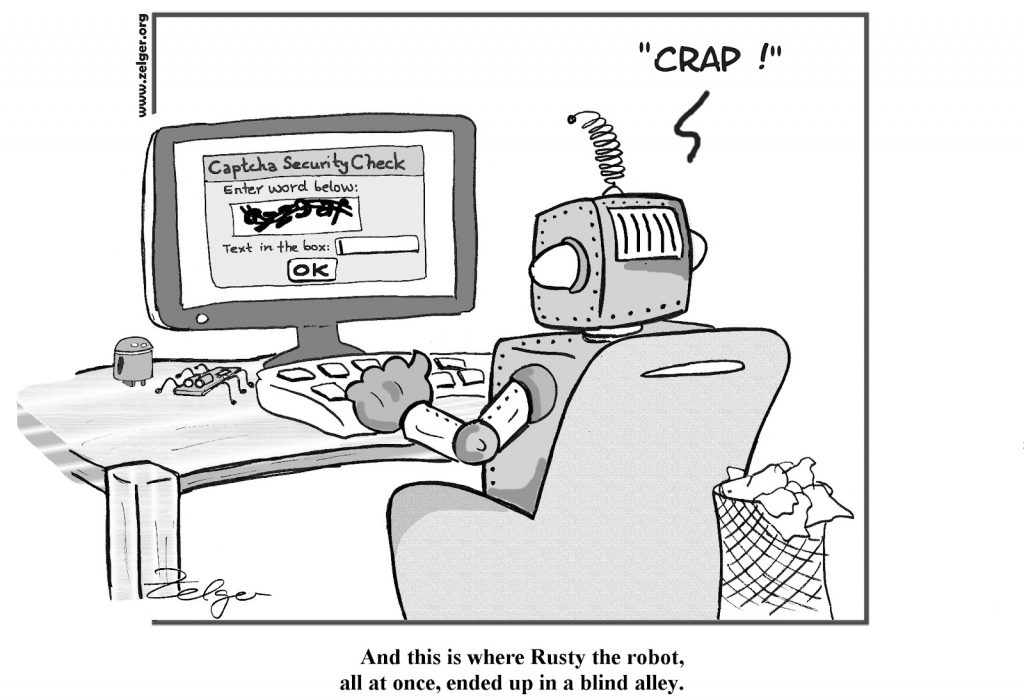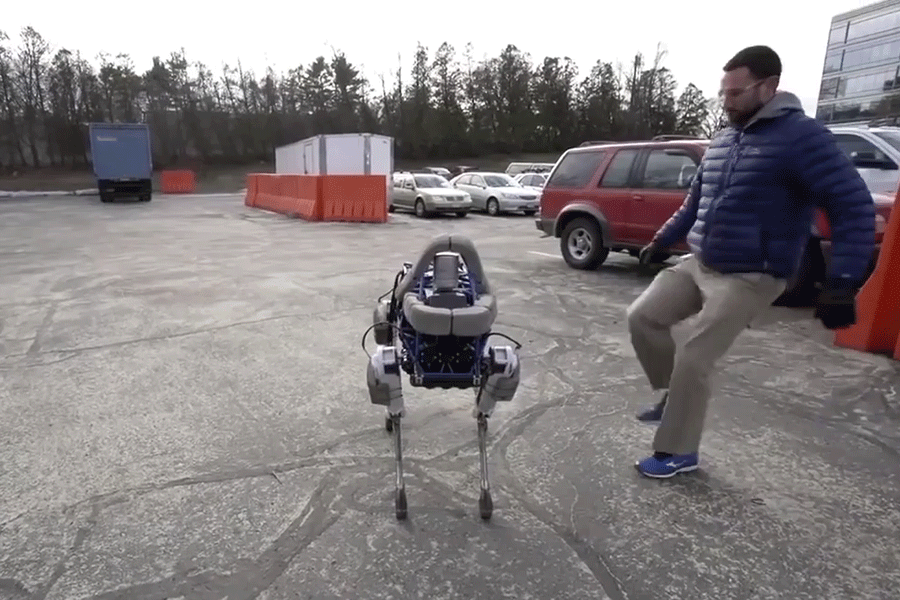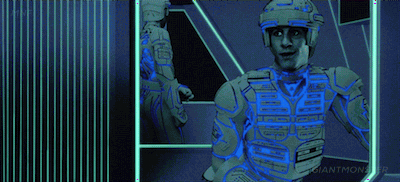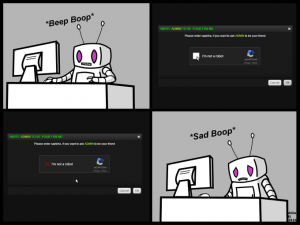It’s funny when you think about it, but the most productive times for some forms of writing are generally the ones that look the most idle from the outside. You know that you wrote 2,000 words in a day and edited a couple chapters from your last project, but the outside world isn’t going to know the difference until you’re ready to publish. And in a stroke of irony, the people who look the most productive to the outside world, broadcasting their progress and talking about their process, are the same people who had to step away from the work to do it. It’s a balancing act, how much of your mental bandwidth are you going to dedicate to the actual tasks at hand and how much are you going to dedicate to making sure others recognize what you’re doing. But some people are masters at doing this and come across making it look effortless, weaving between productivity and self-promotion with grace and charm.
I am not one of those people.
I’ll make a confession today that I’m sure is no surprise to anyone who’s actually spoken to me: social media is exhausting. I’m an introvert and spend a lot of time in my own head, so the notion of spending time specifically trying to appear social is actually more tiring than just doing the work. It’s not that I hate people either, just that I kind of like to daydream and if I am going to talk it’s going to be a long form ramble about some silly idea I just came up with which is far too long for a 280 character limit. To put it simply: I am an opinionated blowhard and twitter can’t contain me.
But recently, after finally getting caught up on a couple projects, I discovered something amusing: apparently my recent twitter activity made some people (and “people”) think I was a bot.
01010011 01101000 01101001 01110100

Many years ago, too long ago for me to date without dating myself, bots were generally just amusing little inconveniences on the internet. On most messenger services they just tried to convince you to join some sort of sex chat network. On MMOs they wandered the lands and just randomly attacked everything without ever really updating their gear, slowly but surely churning out gold pieces to be resold for real world cash (illegally, in most cases).You rarely saw a bot that actually presented anything resembling a threat unless it happened to be carrying a nasty virus with it. Even then, the person who wrote the original bot program wasn’t aware that a future user would utilize it like some sort of digital suicide bomber.
And generally this harmless nature was because they were just so damn easy to recognize if you’d spent any time on the internet at all. Back in the day, they were dumb as bricks and easily tripped over the simplest of conversations. If you ever went off their very basic script, they would have no idea how to respond to you to regain control of the conversation. In fact, the easiest way to see if they were a bot most times was to just mention the word “bot” in a sentence and see how they would react. Nine times out of ten, the bot would ignore everything you just said except that one word so they could deny the accusation – the rest of your sentence lost to time. But it became ironically easier in the last few years for bots to be harmful as it got harder to tell the difference between man and machine. Some of the most mechanical looking social media accounts are real people trying to make sure they still look busy while unconscious. Meanwhile, the bots got harder to trip up – sometimes literally.

I’ve pointed it out once before, but a lot of authors on Twitter tend to automate heavily for the sake of getting word out about their work while they’re away. And, for the most part, these people come off as what the algorithms consider a “cyborg” – someone who is using automation but is genuinely human. It’s easy enough to recognize – if they’re retweeting like crazy but haven’t actually said or responded to anything in a while, that’s usually their automation at work while they’re sleeping, eating, or having a life. Funny enough, despite not having much of a life and frequent bouts of insomnia, I also resort to a simpler form of automation by scheduling tweets ahead of time for certain tasks.
And this is why I momentarily lost my “cyborg” status.
Over the course of the last several months, fighting health issues and long overdue tasks, I’ve stepped back from actively tweeting and have instead fallen back on just scheduling for the day and walking away. This was a mistake, as it was both making me a touch boring and also made me look a little mechanical. But since my tweets were entirely scheduled for a period of time and I only ever spoke up in real time to answer questions, I ended up looking a little artificial.

I imagine most people wouldn’t have even noticed that the algorithms had started looking at them as a kindred spirit, but I’ve had a habit of checking for a while. In today’s age where people are paranoid that bots are going to trick them into buying things they don’t want or supporting a foreign power, it’s not good to come off looking like Johnny 5’s internal monologue. In fact, ironically, I’ve found that several bots out there will actively start ignoring you if they think you’re a bot too. Over the course of my “robotic period” I found that several automated accounts that often retweeted me started to give me the cold shoulder. I suppose it makes sense, you don’t want to just end up in a digital daisy chain of useless posts only retweeted and viewed by robots, but where’s the mecha-solidarity?
Still, it raises an interesting point for my fellow introverts out there. These algorithms actually drive a lot of the background forces in our networking efforts. They decide whether or not to recommend following you to someone else, sometimes whether to follow you at all, or if they should retweet you while they work for their own cyborg overlords. Even if you’re managing to keep the tweets semi-interesting and consistent, you should always be mindful to do your best to throw in some random ones out of the blue so that no one decides to start giving you the Turing test. And, if some sites or people start to throw Captchas at you, it’s not intended as a personal attack. Well, unless you fail them all.

So, remember, if you happen to be automating your account at all, don’t step away for too long. You need to make sure that the algorithms and your audience can see you randomly complain about something or retweet things that seem strangely off topic. People need to see that because they need to see you care about something other than self-promotion. Algorithms need to see it because it gives them a clearer picture of whether or not you’re legit. It doesn’t even take a lot, just a random tweet here or there that proves you can be random. I’m sure that there aren’t a lot of people who’d make the same mistake I do, but I know how many other writers are just as introverted as I am and I’ve seen just how rarely some of these accounts tweet randomly. And, in the end, while it will always be an uphill battle for those of us who have a hard time staying constantly “on”…
You never know who might be reading your feed.
(I write novels, dabble in screenplays, and 01110100 01110111 01100101 01100101 01110100. . . Reboot . . . Hah hah, I’m not a bot, silly. Follow my twitter!)







